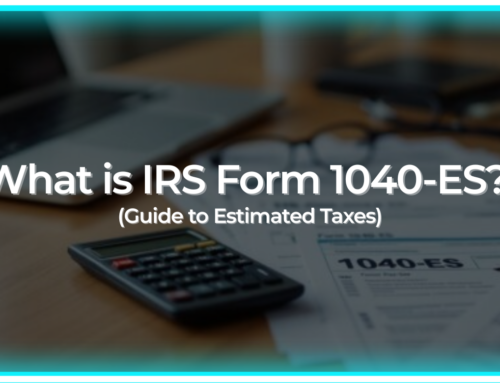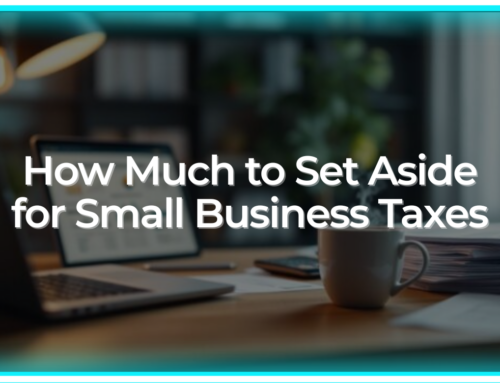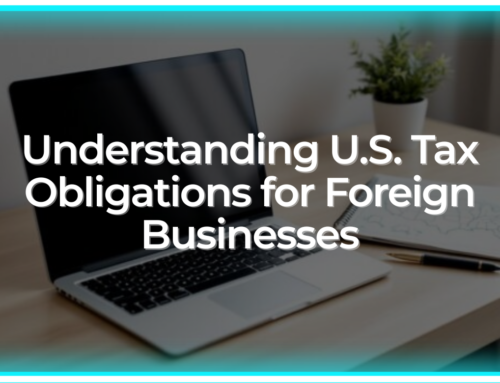Hey guys, it’s Bette Hochberger, CPA, CGMA, and today I’ll be discussing some factors to consider when converting your rental property into an Airbnb. With the rise of platforms like Airbnb, many property owners are considering converting their long-term rentals into short-term vacation spots.
While the idea of higher nightly rates and increased flexibility is tempting, it’s important to weigh the pros and cons. Here are six key factors to consider before making the switch.
Market Demand
Before getting into the short-term rental market, research the demand in your area. Cities with high tourism rates, popular events, or unique attractions generally have higher occupancy rates for Airbnbs. Analyze local competition and assess if your property offers something unique that could attract guests.
Legal and Regulatory Considerations
Many cities have specific regulations governing short-term rentals. These can include zoning laws, licensing requirements, safety standards, and even limits on the number of days you can rent out your property. Failing to comply can result in hefty fines or legal issues.
Check your local government’s website for short-term rental regulations and ensure you can meet all requirements before converting your property.
Costs and Financial Implications
While Airbnb can potentially bring in more income, it also comes with increased costs. These include higher maintenance, cleaning fees, furnishing, utilities, and insurance. Additionally, short-term rentals often have periods of vacancy, which can affect your overall income.
Compare your current rental income with potential Airbnb earnings, accounting for all additional expenses and potential vacancies. Consulting with a financial advisor or CPA can provide a clearer picture.
Property Management
Managing an Airbnb requires more effort than a long-term rental. Regular cleaning, guest communication, check-ins and check-outs, and maintenance issues can be time-consuming. If you don’t have the time or live far from your property, consider hiring a property management service, which will cut into your profits.
It’s best to research local property management companies that specialize in short-term rentals. Compare their services and fees to determine if this option makes sense for you.
Insurance and Liability
Standard homeowner or rental insurance policies may not cover short-term rentals. You’ll need specialized insurance to protect against guest-related damages or liability issues. Airbnb offers a host guarantee program, but it might not cover everything.
Speak with your insurance agent about your plans to make sure you have the proper coverage. You can also look into additional liability insurance to protect yourself further.
Guest Experience and Reviews
As we all know, success on platforms like Airbnb heavily relies on guest reviews. Providing an exceptional guest experience is crucial for securing positive reviews and attracting more bookings. This means offering amenities, maintaining high cleanliness standards, and being responsive to guest needs.
Think about what will make your property stand out. High-speed internet, local guides, luxury toiletries, and personalized touches can significantly enhance the guest experience and boost your ratings.
Converting a rental property into an Airbnb can be a well-paid venture, but it requires careful consideration and planning. By evaluating these six factors, you can make an informed decision that aligns with your financial goals and lifestyle.
If you have any questions or need personalized advice on managing your rental property, feel free to schedule a meeting with us, we’re here to help you navigate the complexities of real estate investment and maximize your returns.
I’ll see you all next time!







